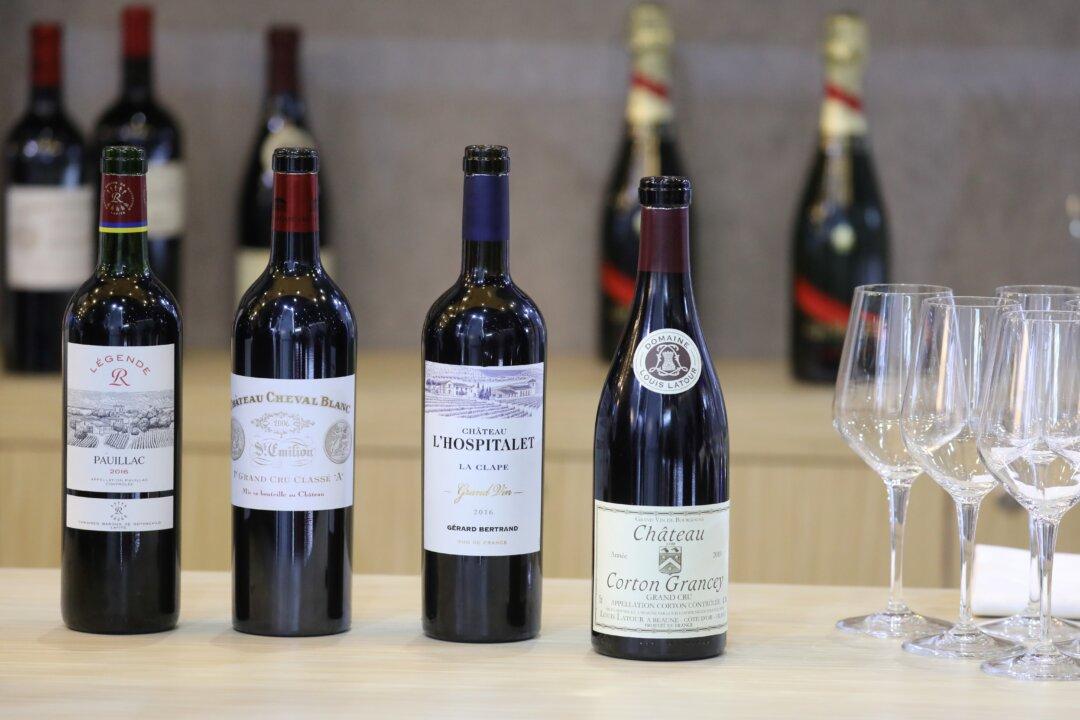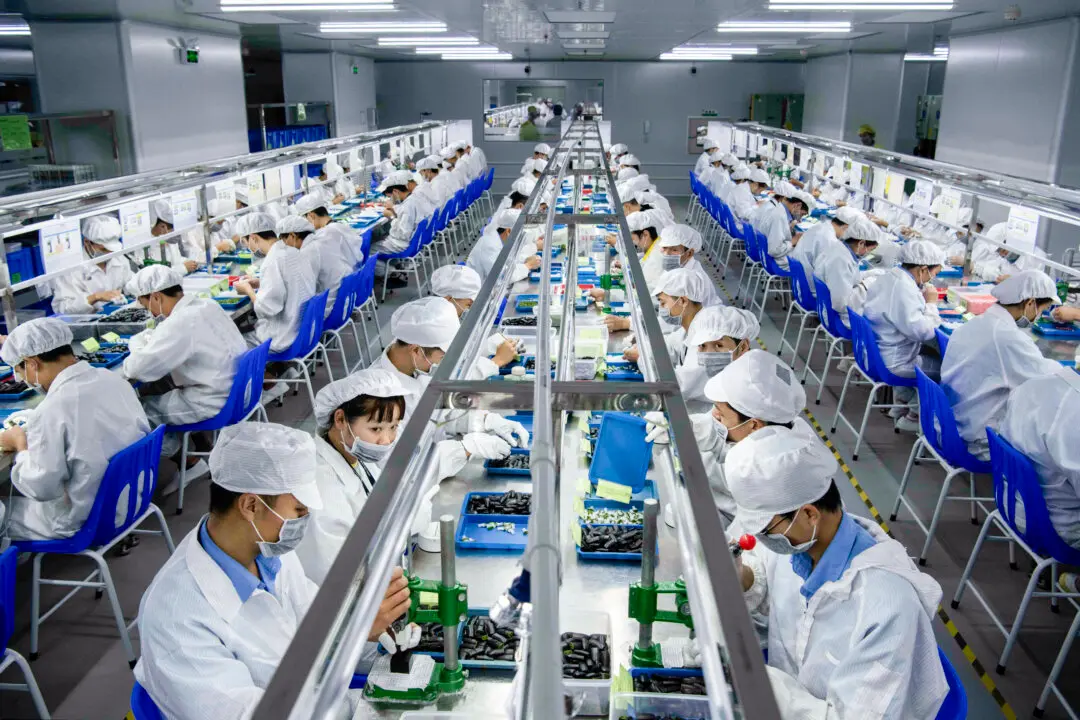The European Union (EU) will file an appeal at the World Trade Organization (WTO) over Beijing’s decision to impose anti-dumping measures on brandy shipped from the bloc, the EU’s executive arm said on Oct. 4.
Olof Gill, the European Commission’s trade spokesperson, announced the decision hours after China’s Ministry of Commerce said importers would be required to pay what they call a deposit to Chinese customs when bringing in brandy from the EU.




